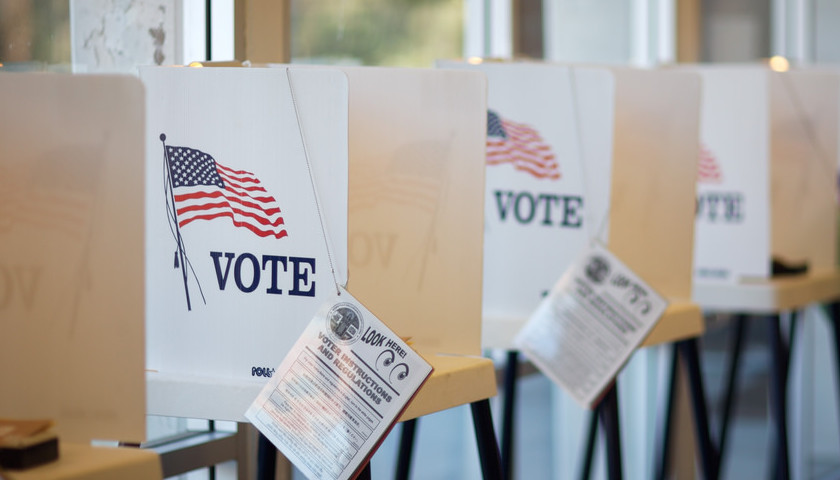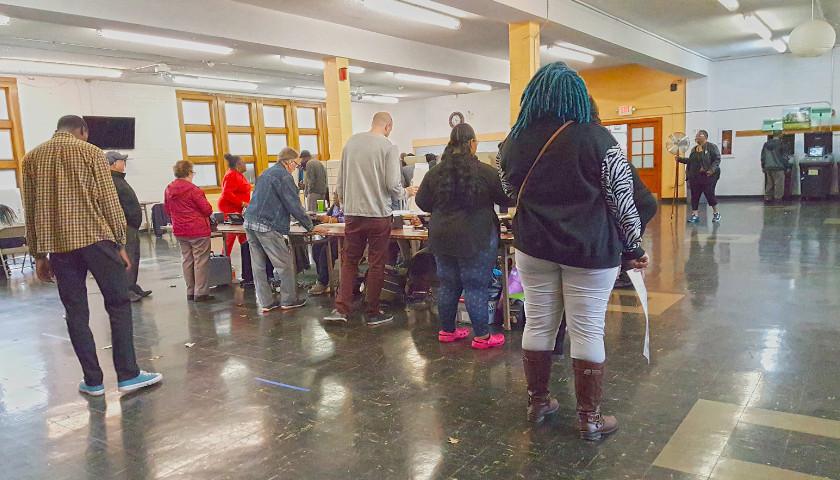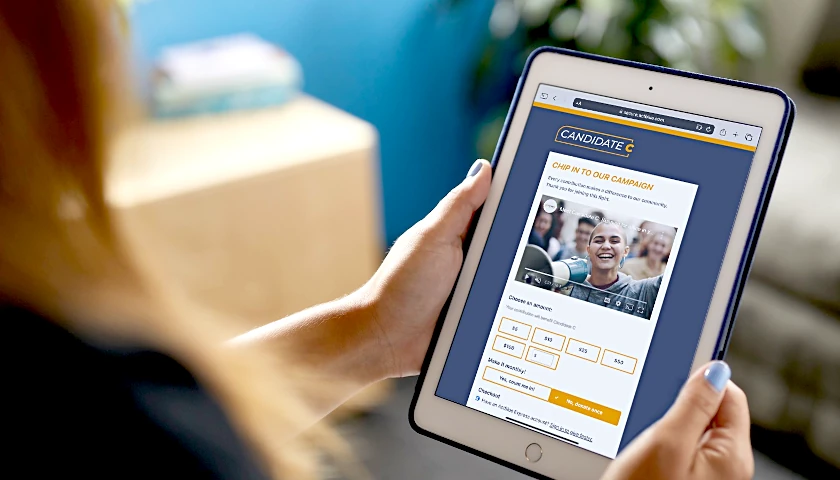Over 70 election integrity-related bills have been proposed in the Arizona Legislature since the highly questioned 2020 election, as well as ballot initiatives. Lee Miller, a former attorney for the Arizona Republican Party, recently filed paperwork launching a petition drive to get the “Easier to Vote, Harder to Cheat Act” as an initiative on the ballot this fall. The initiative makes it easier to vote in four ways and harder to cheat in five ways. One of the provisions would shorten the time allowed for tabulating ballots.
Valerie Grosso-Turley, founder of the grassroots Arizona-based America Pack, looked at the initiative and told the Arizona Sun Times, “With the continued skepticism of the 2020 election still top of mind of many voters, Arizona’s extended ballot-counting process adds to the distrust and suspicion of voters. Every voter must have confidence in our elections regardless of party affiliation. Polling has consistently shown that a majority of Republicans believe Biden won through fraud. I don’t know if the ‘easier to vote, harder to cheat act’ is the solution, but I do support the ongoing conversation to find a solution.”
The initiative makes it easier to vote by establishing a holiday on general Election Day, allowing voters to track their votes online, extending the last day of early voting until 7 p.m., and ending ballot tabulation by 11 p.m. on election night.
The initiative makes it more difficult to cheat by expanding election observation, prohibiting voting machines from connecting to the internet, requiring online posting of ballot images, and prohibiting taxpayer-paid elections communications based on race, ethnicity, gender, age, geography, or political party. There are penalties for breaking the law.
Shortening ballot tabulation times has been a priority that many believe is a realistic fix since even Florida’s large counties were able to complete tabulation of the 2020 presidential election results shortly after the polls closed at 7 p.m.
The Maricopa County independent ballot audit of the 2020 election ordered by the Arizona Senate found thousands of instances where voting machines connected to the internet.
The prohibition on taxpayer-funded elections communications based on demographics may have been included due to election officials reaching out to recruit those from their own party. State Senator Michelle Ugenti-Rita (R-Scottsdale) sponsored legislation last year in response to a county recorder who went to events where the recorder would only register voters from their own party.
Since Republicans hold only a one-person majority in both houses of the Arizona Legislature, and both of those legislators are Republicans who frequently vote with the Democrats — State House Speaker Rusty Bowers (R-Mesa) and State Senator Paul Boyer (R-Glendale) — getting election integrity laws passed may come down to initiatives like this.
Bowers is using a rare technical maneuver to ensure that a sweeping election integrity bill sponsored by State Representative John Fillmore (R-Apache Junction) is defeated. Bowers said he will also stop a bill sponsored by State Representative Mark Finchem (R-Mesa) that would decertify the results of the 2020 presidential election in Maricopa, Pima and Yuma Counties.
The Arizona Free Enterprise Club is backing an initiative, the Arizonans for Voter ID Act, that would end the practice of voting without an ID, even when dropping ballots off or voting by mail, which would make it impossible to conduct ballot harvesting.
– – –
Rachel Alexander is a reporter at the Arizona Sun Times and The Star News Network. Follow Rachel on Twitter. Email tips to [email protected].





